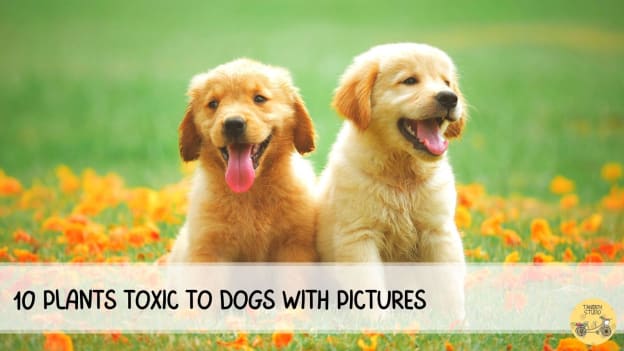Whether we spend our time inside or out, our home is our respite. It is where we can unwind from a busy day after work, refresh after a fun day at play, and gather with loved ones for celebrations. We take care of our home with love, pride, and joy. Sometimes, we even fill it with plants to add ambiance to each room. It can be easy to buy plants that are pleasing to our sight without realizing they can be toxic to our fun-loving canine friends. A good number of plants are perfectly safe for our pets. However, it is important to know which plants can be harmful and the signs to look for in case your dog gets into any of them. Continue reading to learn about 10 well-known houseplants and outdoor plants you'd like to keep away from Fido. For a comprehensive list of plants that can be dangerous for your dog, we recommend taking a look at Pet Poison Helpline or the ASPCA. These are two amazing resources.
Plants Toxic To Dogs: Aloe Vera
Who would have thought something so good for human skin can be so bad for our four-legged ball chasers! This common houseplant, also known as True Aloe, is from the Aloaceae family. The portion of the aloe plant that we commonly use, the gel, is not particularly dangerous. The green skin contains glycoside that acts as a laxative.
Symptoms: Diarrhea, Vomiting, Lethargy
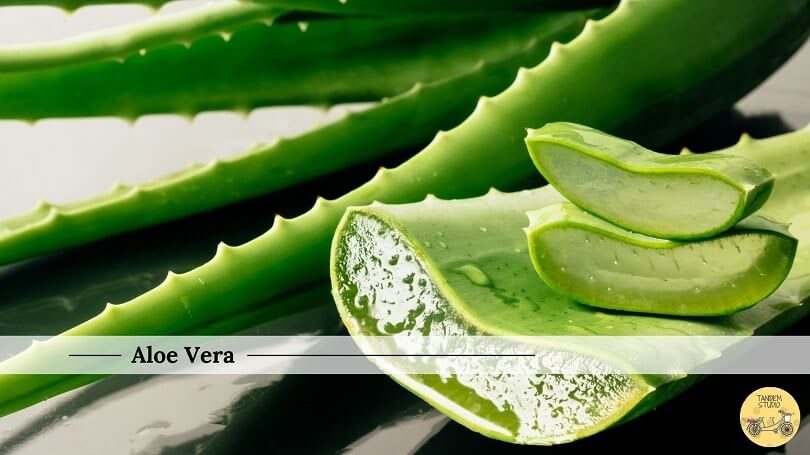
Plants Toxic To Dogs: Amaryllis
Oh, how breathtaking these tall plants can be on our tables! The Amaryllis is similar to other lilies, but it doesn't have the same toxicity as "true" lilies. Just the same, you want to keep your puppies (young or old) away from this plant. The stems and leaves are toxic, but it is the bulbs that can cause the most damage.
Symptoms: Vomiting, Circulatory Complications (low blood pressure), Excessive Drooling, Abdominal Discomfort.
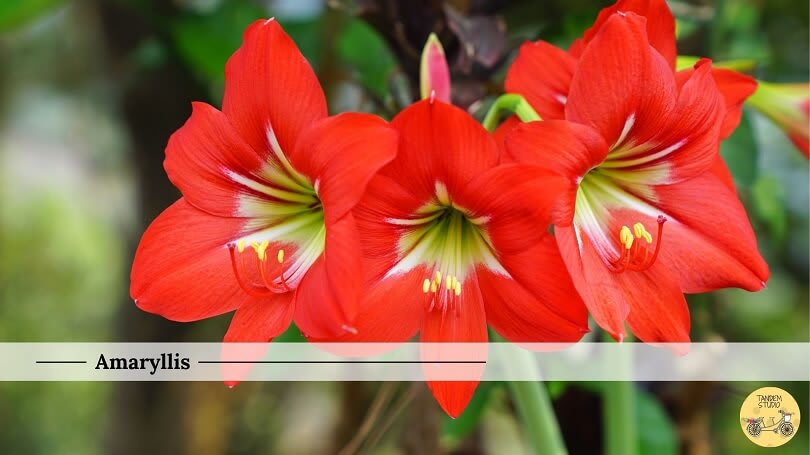
Plants Toxic To Dogs: Devil's Ivy
Devil's Ivy is a great indoor plant for those who lack a green thumb. They require almost no attention and can survive in minimal light. Unfortunately, if you have a dog in the house you may want to opt for another option. Ivy and Aloe are in the same family of plants - Araceae. What this means for you, is if you see your sweet puppy chewing on this plant, she may have irritations to the mouth and GI tract. In rare cases, consumption of Devil's Ivy can cause swelling in your dog's airway.
Symptoms: Excessive Drooling, Vomiting, Signs of Oral Discomfort.
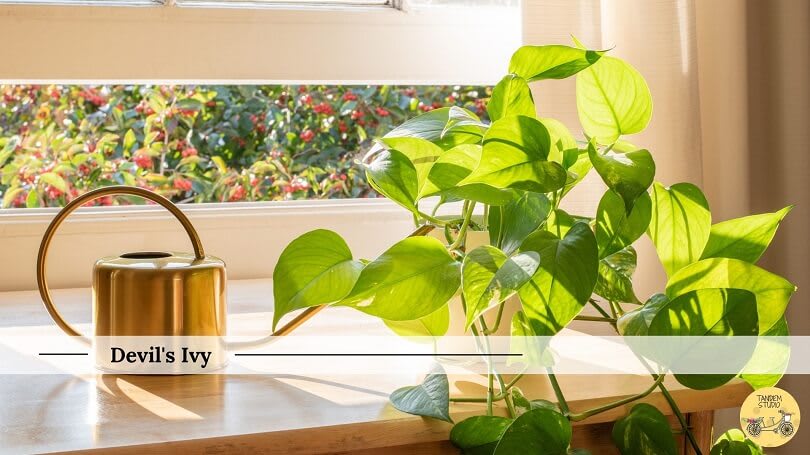
Plants Toxic To Dogs: Dracaena
Also known as a Corn Plant or Lucky Bamboo, this plant is a popular choice for growing indoors. A couple of reasons for this is that they are fairly low maintenance and can commonly grow to an impressive height of 4-6 feet. However, it would be rather unlucky if your pet gets a hold of it. If your plant is quite large, take a picture of it before going to the vet to provide them with a good reference.
Symptoms: Vomiting, Diarrhea, Excessive Drooling, Lack of Strength.
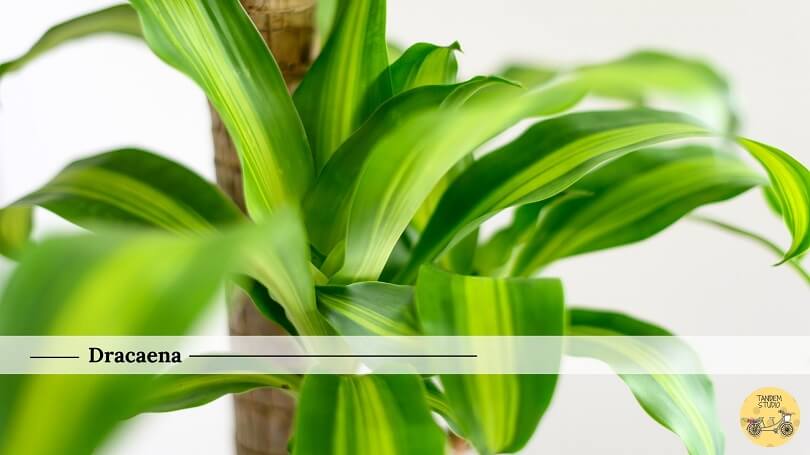
Plants Toxic To Dogs: Elephant Ear
Though this may take you back to your childhood at the carnival, the Elephant Ear plant is not a fun night for your precious Princess. If she decides to take a bite of this Elephant Ear, she will realize very quickly that it's not fried bread and powdered sugar. Instead, The Elephant Ear plant contains an element that will cause tissue irritation in the mouth and GI tract.
Symptoms: Excessive Drooling, Vomiting, Signs of Oral Discomfort, and a diminished appetite.
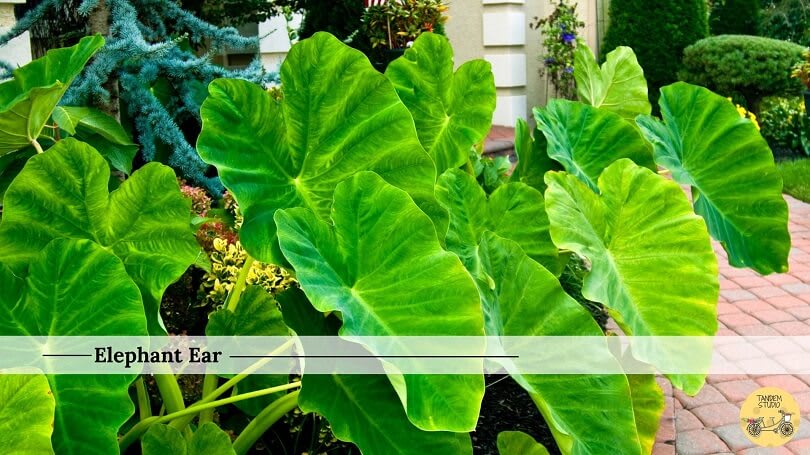
Ficus
The Ficus tree, more commonly known as the Fig tree, is one of the less toxic plants for your four-legged best friend. However, that's not to say Fido won't react to Ficus. When you decide to plant this tree in your yard or have it as a decoration inside your home, it's important to keep it as far away from your best bud as possible. The sap of the Ficus is what causes most of the discomfort through dermal irritations if it gets on Fido's skin.
Symptoms: Excessive Drooling, Vomiting, Irritated Skin, and a diminished appetite.
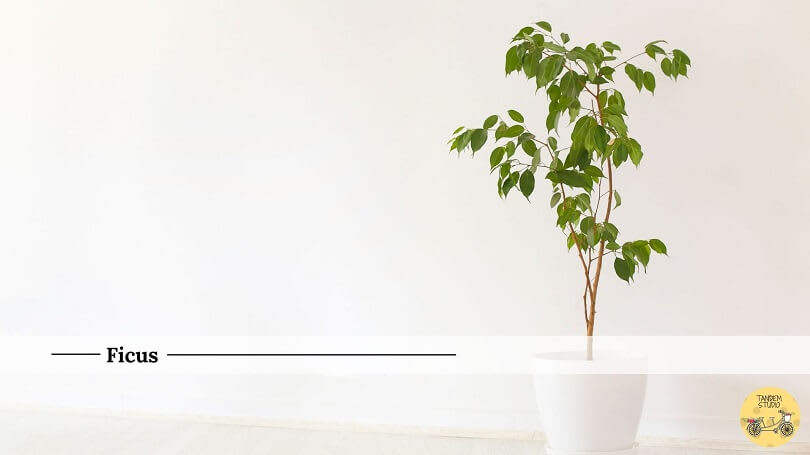
Plants Toxic To Dogs: Iris
This beautiful flower varies in color from white to pink, to a deep, royal purple. Teething babies were encouraged to gnaw on the "finger" of the dried root for its natural fluoride. However, your pet should never gnaw on this plant, especially the root. As breathtaking as this plant can be, it can also cause some serious discomfort for your little (or not so little) friend. Keep these plants in your garden or up high in your home where your pet will be able to stay away and stay safe.
Symptoms: Diarrhea, Vomiting, Lethargy, Excessive Drooling
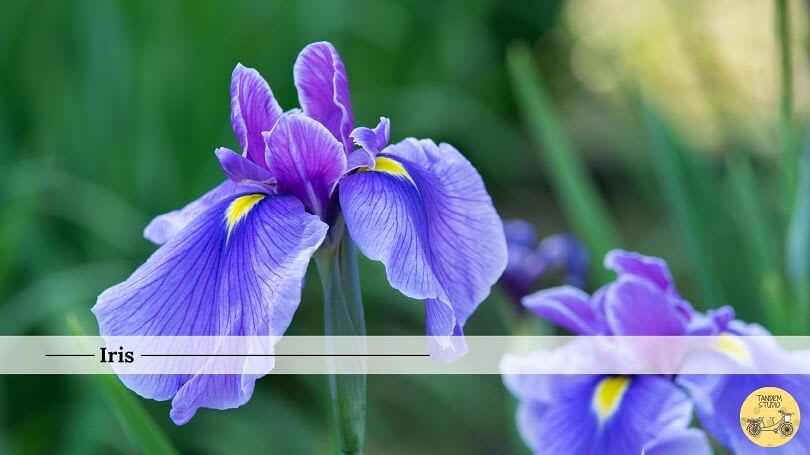
Plants Toxic To Dogs: Miniature Crotons
We see this ornamental plant in plenty of stores and homes alike. Its dusting of pink petals makes it a savory sight for all to see but not to eat. This plant is not lethal. The toxicity level of the Mini Croton plant is mild. just the same, it can cause your indoor dog quite a bit of discomfort. It's best for everyone in the household to keep this plant up high where your beloved Fido can't reach it. Even a mild case of a toxic plant may be rather uncomfortable for his sensitive stomach.
Symptoms: Excessive Drooling, Vomiting, Irritated Skin, Diarrhea
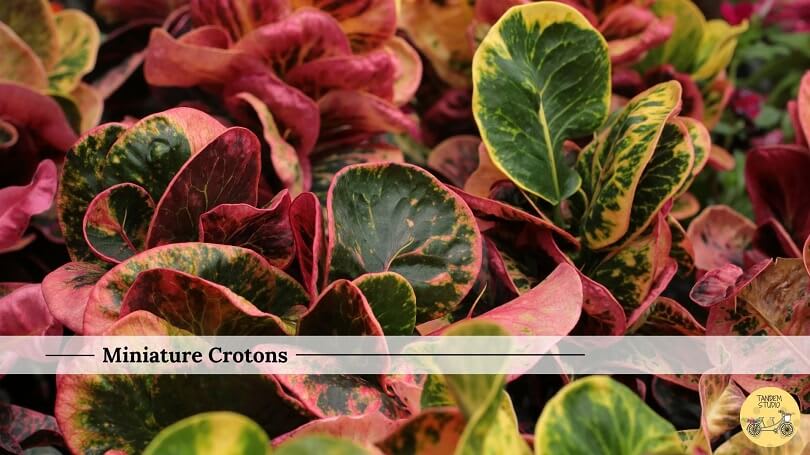
Plants Toxic To Dogs: Peony
The peony is considered more of an outdoor, late spring-early summer flower. Peonies are a popular choice because they come in a variety of colors, so they fit in with almost any landscape theme. Peonies are a joy to look at in the garden or in your home - as long as the chatty canine keeps it out of her mouth. When cut and brought into your home, the peony can last up to a week in the vase. And though they are symbolic of a happy life and happy marriage, when your canine gets a hold of peonies in her mouth, they can be exposed to toxins in the peony's bark. If she eats too many of these puffy flowers, her stomach will get "puffy", causing
digestion issues.
Symptoms: Diarrhea & Vomiting
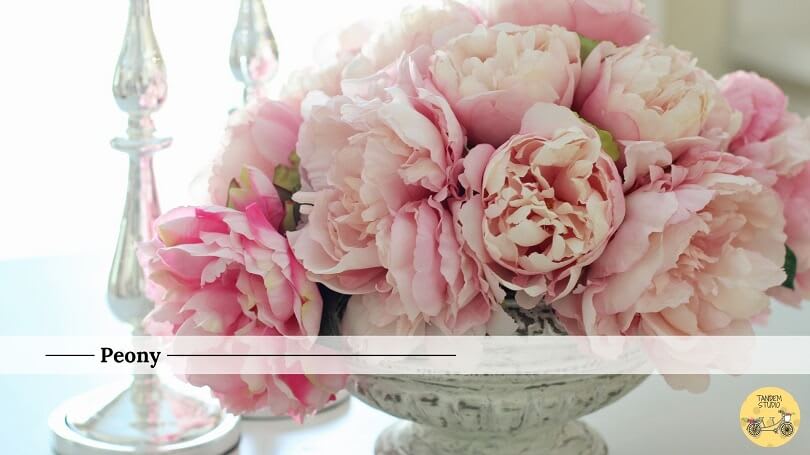
Plants Toxic To Dogs: Hosta
Who doesn't like a nice Hosta plant? They are easy to grow and transplant. Hostas survive quite well in limited sunlight, and they multiply easily to fill empty spaces in your landscaping. Unfortunately, these landscape staples are not great for your dog as they are poisonous. The reaction can be mild and symptoms can clear up pretty quickly. However, if your furry friend vomits more than once or twice, or you find blood in their poo, take them to the vet. Every pet responds to different degrees, so keep a close eye on their progress.
Symptoms: Diarrhea, Vomiting, Anorexia (more than a day, go to the vet)
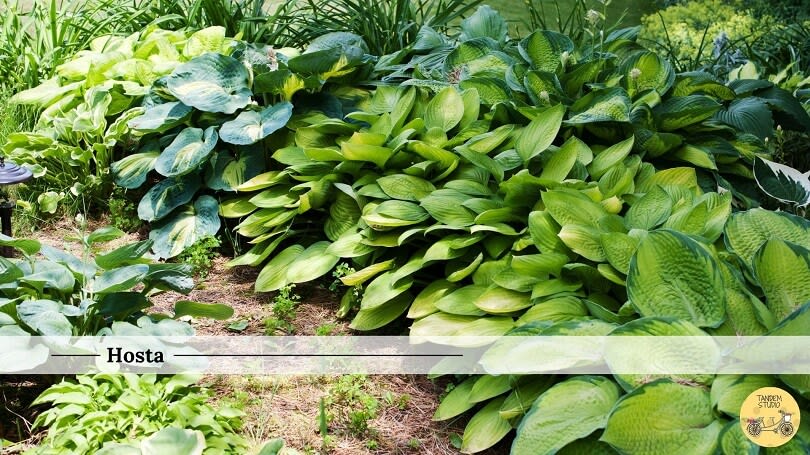
Plants Toxic To Dogs: Helpful Tips
If you think your 4-legged family member consumed any part of a plant that may be poisonous, take him to the vet immediately (with plant in hand). This extra step will help your vet find the best treatment for your dog faster. If the vet isn't available, consider calling the Pet Poison Helpline (855.764.7661) or the ASPCA (888.426.4435). Both organizations may charge a fee for the call, but it will be well worth your peace of mind and the safety of your furry family member.
Additionally, Pet Poison Hotline provides these tips if your pet is poisoned:
- Remove your dog to a safe place, away from the area in which the plant was consumed.
- Do not induce vomiting without calling your vet or a place such as Pet Poison Helpline.
- Monitor your pet's breathing as some plants can affect the respiratory system.
- Do not give your dog any home remedies.
Plants That Are Safe For Dogs
There are SO many plants that are safe for a dog that likes to investigate everything with its mouth. Here is a small sample of the extensive list provided by our friends at aspca.org.
- Aluminum Plant
- Wood Lily
- Impatience Plant
- California Pitcher Plant
- Painted Lady
- Rosemary
- Bamboo
- Blue Bottle
- Thyme
- Kenya Violet
- Hibiscus
- Globe Thistle
- Dchelostemma
- Grape Ivy
- Mexican Firecracker
- Queencup/Bride's Bonnet
- Easter Daisy
Bonus: If you want to see more plants that are poisonous and safe for dogs, check out our sister article 10 Plants Toxic To Cats With Pictures. All of the plants included in this article are also toxic/safe for cats.
We hope you have found this information valuable. Keeping a house full of plants looks amazing. Let's just make sure the plants are pet friendly to keep everything alive and happy. Thank you from your friends at Tandem Studio Floral. We are proud to serve the greater Grand Rapids, MI area.

